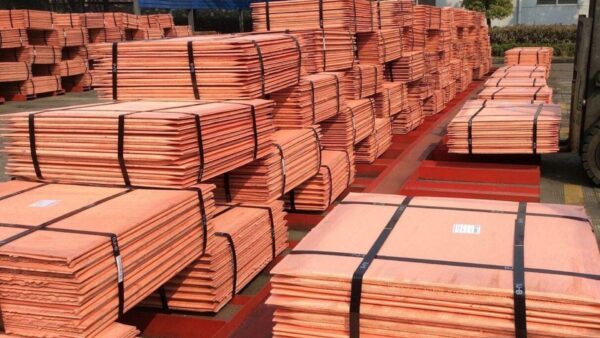Simbi Alloys, a leading copper processor in Zimbabwe, has expressed strong concerns about the ongoing export of unprocessed copper ores, calling for a renewed focus on beneficiation to support local industries and reduce the substantial import costs borne by the government.
by Ryan Chigoche
Zimbabwe’s copper sector has historically suffered from a lack of effective beneficiation. Despite having significant copper reserves, the country has primarily exported raw copper, missing out on the potential economic benefits that come from processing and value addition. This practice has led to substantial losses in potential revenue and job creation, as value-added copper products are largely produced abroad.
Patricia Mutombgwera, Chief Executive of Simbi Alloys, emphasized that the massive export of unprocessed copper is detrimental to the economy, calling for increased local beneficiation to boost economic growth and employment. “We have vast, unexplored copper reserves that should be utilized for beneficiation, which would generate employment and revenue. The current practice of exporting unprocessed minerals is unjust to our economy and our future. We can do better,” Mutombgwera stated.
Despite its potential, Zimbabwe’s copper production is relatively modest compared to other countries. The country’s copper resources are concentrated in areas like the Zambezi Valley and around Mhangura. More than 70 known copper deposits exist, with significant resources in the Magondi Basin and Umkondo Basin. Hydrothermal deposits such as Inyathi and Copper Duke also present opportunities.
Historically, copper production ceased after the closure of Mhangura, and the current output is linked with nickel, gold, and PGM operations. The Chamber of Mines notes that exploration spending has been low, leading to a decline in production.
Looking ahead, S&P Global projects a long-term increase in copper prices due to the clean energy transition. The demand for copper is expected to double, reaching 50 million metric tons by 2035, driven by its use in electric vehicles (EVs). For example, a battery electric vehicle (BEV) contains up to 83 kg of copper. The International Energy Agency (IEA) predicts a record 17 million EVs and plug-in hybrids will be sold globally in 2024.
Zimbabwe is urged to accelerate copper exploration to capitalize on this anticipated demand. Despite the current low levels of copper production and exploration, significant potential remains in the country’s untapped resources.
.png)




